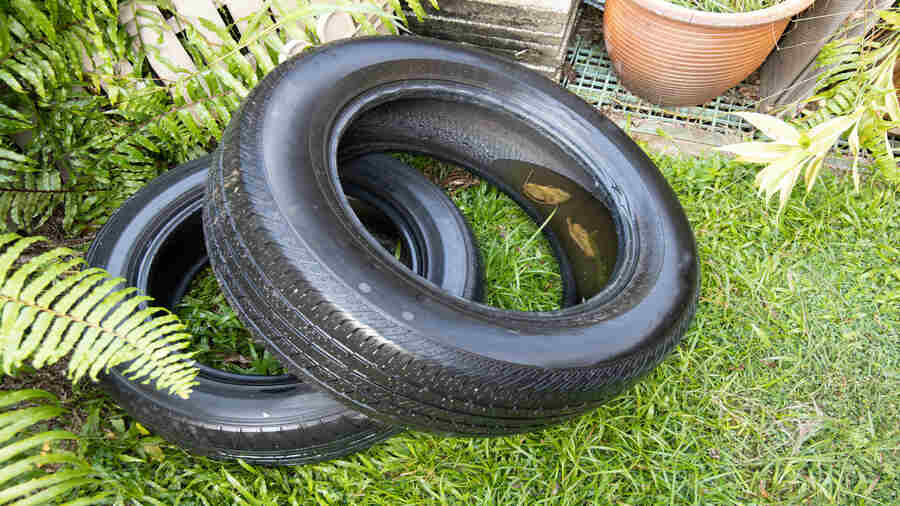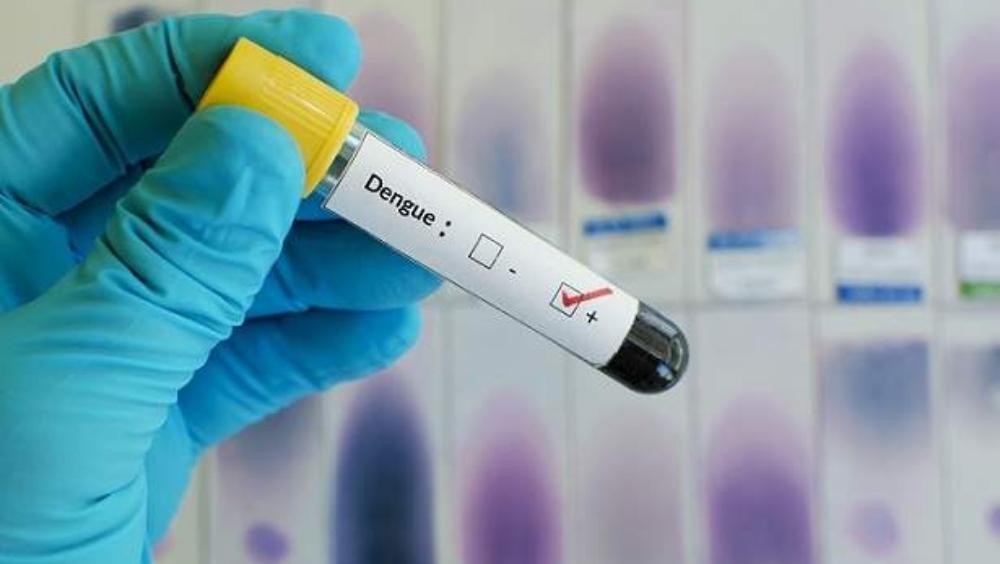Dengue cases are yet to come down, but the Kolkata Municipal Corporation (KMC) has stopped its vector-control drives on Sundays. Such drives were conducted on holidays during the entire month of October, but have since been discontinued.
The drives are conducted to identify and destroy mosquito-breeding sites. At a time when dengue cases have risen significantly, conducting such drives every day is a necessity, said a professor of zoology at Calcutta University, who specialises in entomology.
The dengue virus is spread by Aedes aegypti mosquitoes, which can breed even in a spoonful of stagnant water.
Dengue infections have risen to this point because there are many mosquito-breeding sites in and around the city, public health experts have said.
“Daily drives minimise chances of any breeding site remaining undetected. Halting vector-control work even for a day is dangerous at this juncture,” the CU professor said.
“Ideally, vector-control work should be done every day for three or four months when dengue infections traditionally remain very high.”
The website of the World Health Organization (WHO) says “dengue prevention and control depends on effective vector-control measures”.
One public health expert said the KMC’s vector-control personnel should work by rotation so that the drive to locate and destroy breeding sites does not stop on holidays and the workers get their weekly off.
“The situation has been exceptionally bad this year. The response should be in accordance with the situation,” the expert said.
Mayor Firhad Hakim said the entire staff in the health department of the KMC had worked for the whole of October without taking a break.
“All holidays were cancelled from before During Puja. The holidays have been reintroduced this month,” said Hakim. “We had to spend Rs 1 crore to pay overtime to the employees who worked on holidays.”
Several KMC officials disagreed with the suggestion that it was necessary to conduct vector-control work every day. “The vector-control teams have worked without a break for a full month. They have become fatigued. Had we dragged on with the routine of no-holiday, work on all days would have suffered. A day’s break would actually boost their performance on the other six days,” the official said.
Several departments of the KMC are responsible for taking steps that are necessary to prevent breeding of mosquitoes. The vector-control teams, apart from locating and destroying mosquito-breeding sites, send reports to the civic authorities about waste lying along roads and on vacant plots, as well as about clogged drains.
The KMC’s solid waste management and civil departments are responsible for removing the waste and unclogging drains, respectively.
The Telegraph has been reporting about clogged drains and piles of waste, both of which are ideal breeding grounds of mosquitoes, spotted across the city.
The KMC had worked without any break for weeks while Covid was raging in 2020 and 2021. In the pre-Covid years, holidays were cancelled when dengue cases peaked.
A report submitted by the KMC to the state health department says the dengue cases have risen by three times or more in several parts of Kolkata in the last 30 days.
In Borough I (Chitpore, Cossipore, Dum Dum Road, Tallah, Paikpara and Belgachhia), the case count rose from 82 to 326 during this period.
In Borough X (parts of Jadavpur, Jodhpur Park, Netaji Nagar, parts of Tollygunge and parts of New Alipore), the numbers rose from 252 to 856. In Borough XII (parts of Kasba, Jadavpur, Mukundapur, Survey Park and areas off EM Bypass and to the south of VIP Bazar), the numbers rose from 318 to 1,128. Borough XIV, which covers Behala, has witnessed a jump from 64 to 286 cases.


